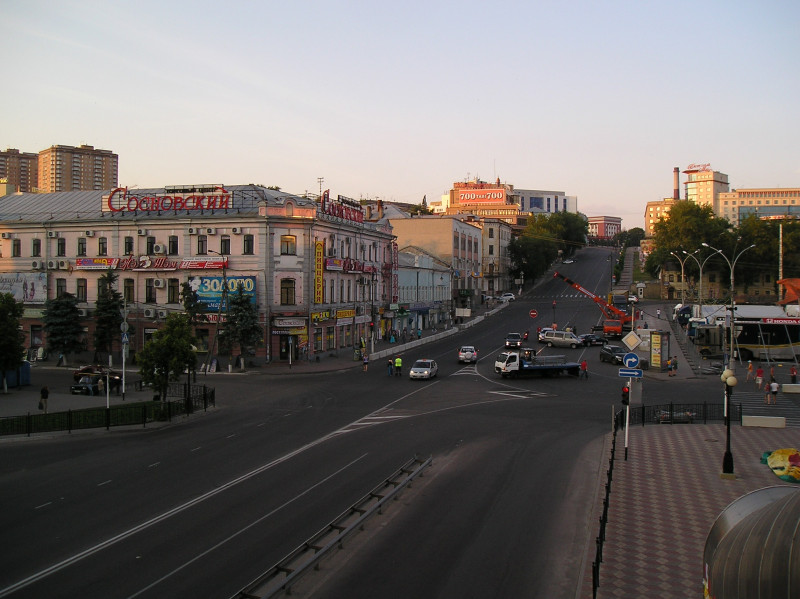1901: Sugar Mill Workers Strike
In 1901, the workers at the sugar mill in Kursk went on strike.
1903: Sugar Mill Workers Strike
In 1903, the workers at the sugar mill in Kursk went on strike.
1905: Revolution Strike
In 1905, Kursk workers participated in the general political strike during the Russian Revolution.
1914: Engineering Enterprises Operating
In 1914, there were seven engineering enterprises operating in Kursk, including a railroad one.
1917: Settlements Incorporated
After 1917, the settlements surrounding Kursk, including Kazatskaya, Pushkarskaya, Yamskaya, and Streletskaya, became part of the city.
1917: Bolsheviks Take Power
In 1917, the Soviets took power in Kursk on November 26 (December 9, new style).
November 1918: Government Established
In November 1918, the Provisional Workers' and Peasants' Government of Ukraine was established in Kursk.
September 1919: City Taken Over
On September 20, 1919, during the Russian Civil War, Kursk was taken over by anti-Bolshevik troops under General Denikin.
November 1919: City Retaken
On November 19, 1919, Kursk was retaken by the Red Army.
1932: Yamskaya Sloboda Incorporated
In 1932, Yamskaya Sloboda was incorporated into the city of Kursk.
1935: Tram System Established
In 1935, Kursk got its first tram system.
1935: Television Broadcasts Received
In 1935, Kursk ham radios could receive television broadcasts from Moscow.
1937: Stalinsky District Formed
In 1937, Stalinsky District was formed at the southern outskirts of Kursk.
February 1943: Occupation Ends
In February 1943, the German occupation of Kursk ended.
July 1943: Operation Citadel and Battle of Kursk
In July 1943, the Germans launched Operation Citadel in an attempt to recapture Kursk, leading to the Battle of Kursk and the Battle of Prokhorovka.
1943: Battle of Kursk
In 1943, the Battle of Kursk stopped the German advance and was a turning point of World War II on the Eastern Front.
February 1944: Rebuilding Efforts Began
In February 1944, rebuilding efforts began in Kursk, and cultural life recovered with the reopening of a cinema and a drama theatre.
1947: New Master Plan
In 1947, the next master plan for Kursk appeared after the Second World War, replacing the one from 1782.
1950: Urban Economy Restored
By 1950, the urban economy of Kursk had been completely restored.
1953: Tram System Reopened
In 1953, the tram system in Kursk began operating again.
August 1956: District Renamed and Abolished
On August 17, 1956, Stalinsky District was renamed Promishlenost District, and Dzerzhinsky District was abolished in Kursk.
1960: Committee on Radio and Television Created
In 1960, the Committee on Radio and Television was created by the Kursk Oblast Executive Committee.
January 1961: First Local Television Airs
On January 14, 1961, the first transmission of local television aired in Kursk.
1977: Oldest Reactor Operational
The oldest of the Kursk Nuclear Power Plant reactors has been operational since 1977.
1986: Newest Reactor Operational
The newest of the Kursk Nuclear Power Plant reactors has been operational since 1986.
1989: Residential Buildings Count
From 1786 to 1989, the number of residential buildings in Kursk increased insignificantly.
2007: Satellite Navigation System Introduced
Since 2007, public transport in Kursk introduced a satellite navigation system.
2009: Theotokos of Kursk Received Name
In 2009, the Theotokos of Kursk, the most revered icon in the Russian Orthodox Church, received the name Hodigitria Russian diaspora.
July 2010: Lost Historical Settlement Status
On July 29, 2010, Kursk lost its status as a historical settlement by the Russian Ministry of Culture.
September 2011: Automated Fare Monitoring System Commissioned
On September 5, 2011, an automated fare monitoring system was commissioned in Kursk.
October 2011: New Firehouse Opened
On October 29, 2011, a new firehouse opened in Kursk for the first time in 30 years.
2012: 980th Anniversary
In 2012, Kursk celebrated its 980th anniversary.
2016: Women's Hockey League Expansion
In 2016, the Russian Women's Hockey League expanded to Kursk with new club Dynamo Kursk.
2021: Population Census
In 2021, the population of Kursk was recorded as 440,052 according to the census.
March 2022: Partnership Ended
On March 8, 2022, the Polish city of Tczew ended its partnership with Kursk as a response to the 2022 Russian invasion of Ukraine.
Mentioned in this timeline
Ukraine is a country in Eastern Europe the second-largest on...
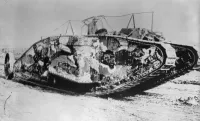
A tank is an armored fighting vehicle designed for front-line...

War is defined as an armed conflict involving the armed...
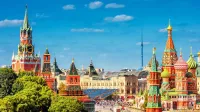
Moscow is the capital and largest city of Russia located...
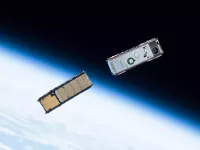
Satellites often spacecraft are objects intentionally placed into orbit around...
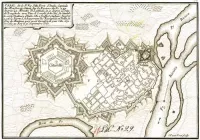
A citadel is the core fortified area of a town...
Trending

5 days ago Daylight Saving Time 2026: Prepare to set your clocks forward and lose sleep.

49 minutes ago MacKenzie Weegar trade: Flames defenseman might waive clause for Mammoth deal.
50 minutes ago Severe Weather Threatens US, Texas Braces with Emergency Resources; Forecast Updates
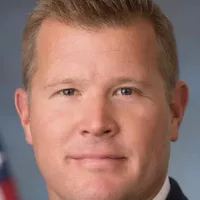
2 days ago DHS Funding Fight Continues Amid Iran Tension; Shutdown Looms, Senate to Vote
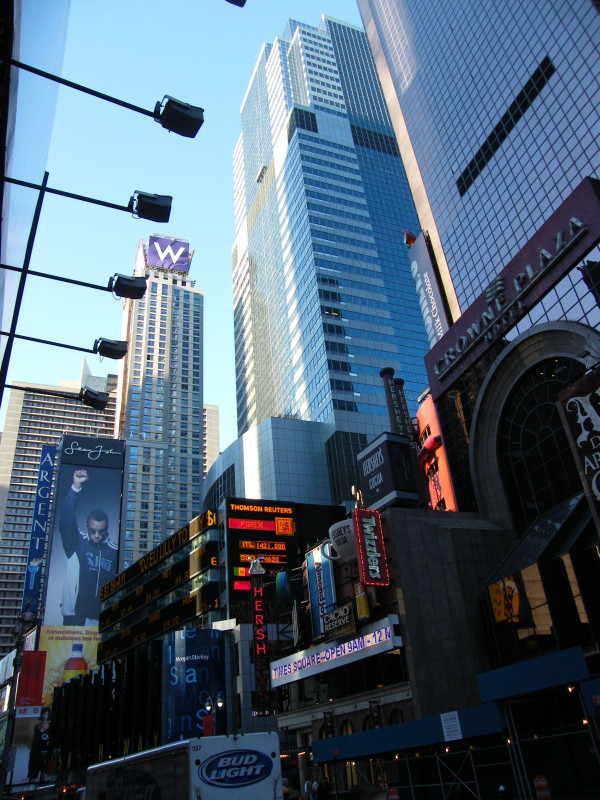
3 months ago Morgan Stanley Stock Reaches All-Time High Amidst Oversized Positions, Buy or Wait?

2 hours ago Sabres and Blues in Trade Talks for Defenseman Colton Parayko: Details Emerge
Popular

Ken Paxton is an American politician and lawyer serving as...

Hillary Diane Rodham Clinton is a prominent American politician lawyer...

Jesse Jackson is an American civil rights activist politician and...

Jim Carrey is a Canadian-American actor and comedian celebrated for...

Bill Clinton served as the nd U S President from...

XXXTentacion born Jahseh Dwayne Ricardo Onfroy was a controversial yet...
